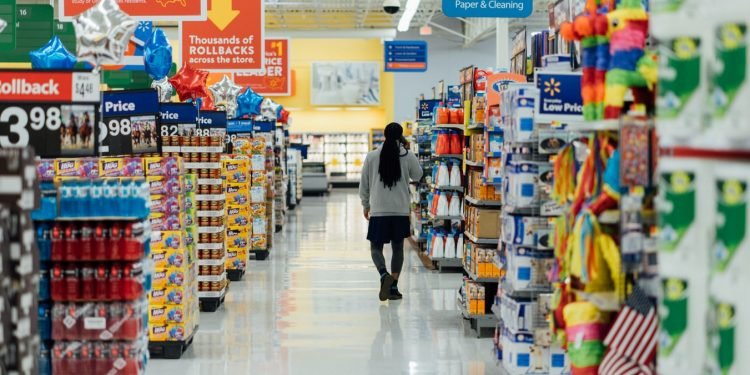Brussels (Brussels Morning) The new EU consumer agenda announced on Friday the 13th, sets out to improve product safety, especially for imports from China, and to inform about product sustainability.
The Commission also reacts to electronics programmed to stop functioning within a number of years, early obsolescence, and promises protection against greenwashing in sales of services and products.
Changes in consumption patterns and increasing online sales, partly due to lockdown measures, added to the urgency for a new EU consumer policy.
The European Consumer Organisation (BEUC) welcomed the document as a milestone, when released by the Commission in Brussels today. Consumer protection is still fragmented throughout the EU between both Brussels-based regulation, national authorities and consumer organisations.
“Consumers need reassurance that the EU and national governments improve protections that people can rely on. The consumer agenda is the right road map for this to happen”, said Monique Goyens, Director General of the European Consumer Organisation BEUC.
“Lack of enforcement is the Achilles heel of EU and national consumer policy. One way to improve this would be for national authorities to work better together with consumer groups.”
Online scams have long been on the rise, in particular in the last half year given the increased volumes traded online. Next year, the Commission aims at changing laws on consumer credit and the distance marketing of financial services. The aim is to tackle consumer scams and frauds and protect those hit by cancellations of travel plans and unused flight tickets.
Boost in consumer confidence
As consumer spending represents 54% of GDP, the Commission hopes to boost the economy by returning consumer trust.
“European consumers are at the core of a global change. The new agenda introduces measures that will promote a fair digital and green society, taking into account that consumer behaviour transcends borders of individual Member States”, said Commissioner for Justice Didier Reynders.
Another focus of the new consumer approach is to tackle the safety issues of artificial intelligence-driven products — connected devices challenge the current definition of products and bring new risks that could yet materialize. The growth of online selling also poses new challenges, as authorities do not always have sufficiently effective instruments for online market surveillance and e-commerce allows consumers to purchase directly from operators located outside the EU, making it more difficult to check the safety of products entering the single market. Next year, there will be new requirements announced for product safety in the EU.
The new agenda promotes green measures. Product repairs will be encouraged as part of sales to bring the consumer policy within the realm of the circular economy, an approach geared to maximise product use.




